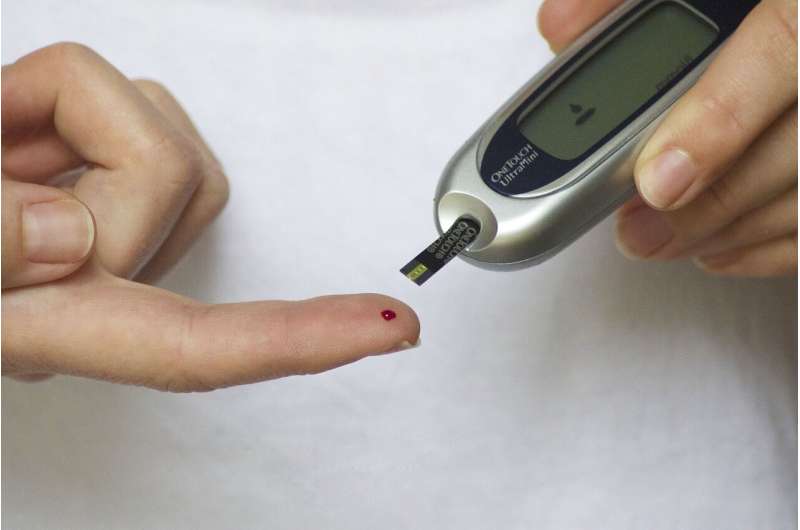
As global populations age, the prevalence of type 2 diabetes and its associated complications, such as sarcopenia, continues to rise. Sarcopenia, which involves the progressive decline of muscle mass and strength, is common among older adults and is linked to various negative health outcomes, including increased risk of falls, frailty, and mortality.
Despite its serious implications, sarcopenia’s impact on elderly type 2 diabetes mellitus (T2DM) patients remains underresearched in clinical settings. Given these challenges, there is a clear need for further investigation into how sarcopenia affects elderly diabetics.
Researchers from the Department of Geriatrics at Peking Union Medical College Hospital conducted a four-year prospective cohort study from January 2017 to January 2021. Their study, published in the Medical Journal of Peking Union Medical College Hospital, included 244 elderly inpatients with T2DM. Utilizing the 2014 diagnostic criteria from the Asian Working Group for Sarcopenia, the team examined the long-term outcomes of these patients, focusing on the risks of severe disability, rehospitalization, and all-cause mortality.
The study revealed that 25.4% of the elderly diabetic patients had sarcopenia, with a median follow-up of 5.6 years. Those with sarcopenia were 4.7 times more likely to experience severe disability, 1.7 times more likely to be rehospitalized, and 2.3 times more likely to die from any cause, even after adjusting for factors like age, gender, and comorbidities. Additionally, the research noted that sarcopenia patients had worse nutritional status, higher rates of incontinence, and a history of falls, all contributing to their poorer long-term outcomes.
Dr. Lin Kang, the study’s corresponding author, stressed the need for proactive sarcopenia screening in elderly diabetic patients.
“Our research highlights the importance of recognizing sarcopenia as a key factor in the health management of elderly diabetics. Early identification and targeted interventions for sarcopenia could significantly improve their quality of life and lower the risk of disability, rehospitalization, and mortality,” Dr. Kang explained.
The study advocates for the integration of sarcopenia screening into the routine care of elderly T2DM patients, particularly in hospital settings. Recommended interventions, including resistance training, nutritional support, and fall prevention strategies, could help mitigate the detrimental effects of sarcopenia. Early intervention could not only improve patient outcomes, but also reduce health care costs and enhance the overall well-being of elderly diabetic individuals.
More information:
Zhang Ning et al, Impact of Sarcopenia on Long-term Outcomes in Elderly Inpatients with Type 2 Diabetes: A Prospective Cohort Study. Medical Journal of Peking Union Medical College Hospital (2024). DOI: 10.12290/xhyxzz.2024-0287
Provided by
TranSpread
Citation:
The silent threat of sarcopenia among elderly type 2 diabetes patients (2024, October 15)
retrieved 16 October 2024
from https://medicalxpress.com/news/2024-10-silent-threat-sarcopenia-elderly-diabetes.html
This document is subject to copyright. Apart from any fair dealing for the purpose of private study or research, no
part may be reproduced without the written permission. The content is provided for information purposes only.




